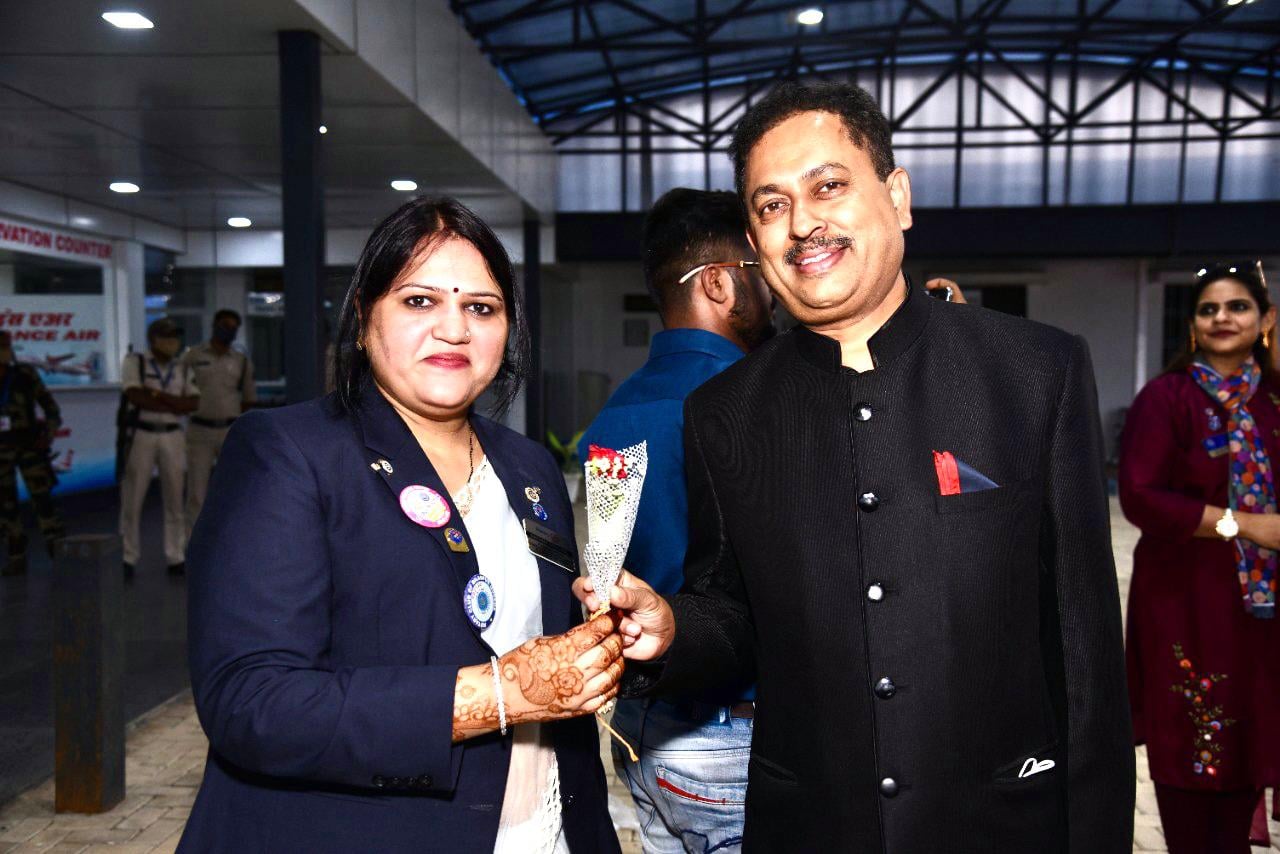Impact
THE HEARTBEATS OF ANGELS
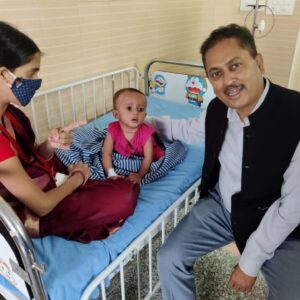 “Before we were born it belonged to someone else and after we die it will go to someone else”
“Before we were born it belonged to someone else and after we die it will go to someone else”
These words touched my heart at Sri Sathya Sai Sanjeevani hospital for child heart care at Raipur.
It is estimated that each year 14 lakh children are born in India with Coronary Heart Disease. 1 out of every 4 of these children do not live to see their first birthday. This is entirely due to poverty and poor healthcare facilities.
Sri Satya Sai Sanjeevani Hospital is God’s own abode where children stay for two weeks along with parents and receive treatment, surgery, diagnostic survey and post-operative treatment, without paying a single rupee. These facilities would otherwise cost Rs.3-5 lakhs in any private hospital
This is a hospital that accepts children from any place in the world. This is a hospital without a billing counter, where
dedicated medical professionals and para-medical staff treat the children with complete dedication and devotion.
As I walked around the hospital premises, I observed several parents quietly helping out with the house-keeping and gardening, thus expressing their solidarity with the institution that has embraced their children.
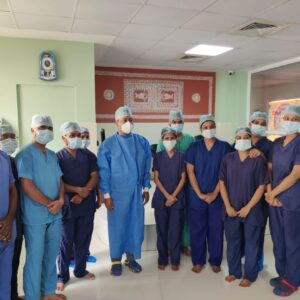
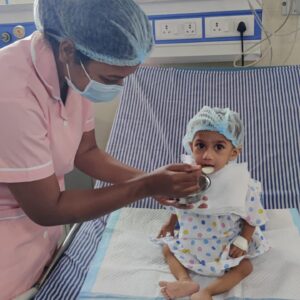
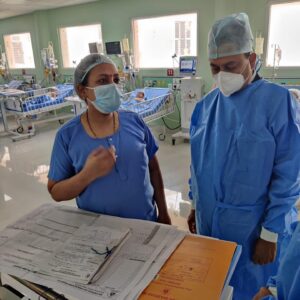
My best wishes to everyone at Sri Satya Sai Sanjeevani Hospital- the children, their parents, the doctors and the staff. I pray that Rotarians continue to initiate and support such noble endeavours. Let every child enjoy good health and grow to be happy and productive citizens of India.
THE TOUCH OF COMPASSION
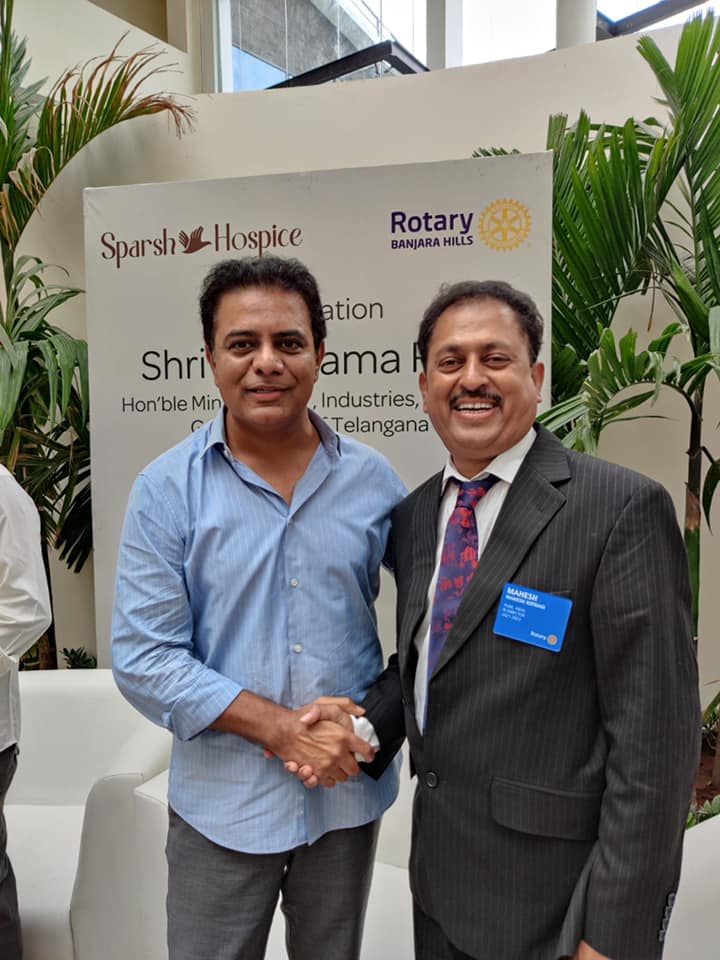 A Hospice is a special way of caring for people who are terminally ill and have no cure options left. Hospice care focuses on the palliation of a terminally ill patient’s pain and symptoms and attending to their emotional and spiritual needs at the end of life. It prioritizes comfort and quality of life by reducing pain and suffering. It offers an alternative to therapies focused on life-prolonging measures that may be arduous, likely to cause more symptoms, and may not be aligned with a person’s goals.
A Hospice is a special way of caring for people who are terminally ill and have no cure options left. Hospice care focuses on the palliation of a terminally ill patient’s pain and symptoms and attending to their emotional and spiritual needs at the end of life. It prioritizes comfort and quality of life by reducing pain and suffering. It offers an alternative to therapies focused on life-prolonging measures that may be arduous, likely to cause more symptoms, and may not be aligned with a person’s goals.
Sparsh Hospice is a need of the day Centre for Palliative Care for terminally ill cancer patients, for whom ‘treatment to cure’ is no longer effective. We seek to ‘alleviate pain without curing,’ and offer everyone a personal, warm & dignified departure. We find so many such patients in every city who suffer from the absence of such Hospice centres.
‘Sparsh’ has moved from its old premises to its new facility at Khajagudain, Hyderabad. .The building has all amenities for patient and attenders’ comfort including an Amphitheatre, Dining Hall, Library, Physiotherapy room, an Auditorium and a well landscaped garden.
The 60,000 sft., 82-bed palliative care centre including 10 beds for children was inaugurated in by me in the presence of Mr. K T Rama Rao Minister for information technology of the Telangana government. This 20-crore facility is built on 1.2 acres of land in the heart of the financial district, donated by the Telangana Government. The facility was constructed by Phoenix foundation which took care of the entire cost of construction. My compliments to them for their generosity.
My special thanks to Shri KT Rama Rao for allowing this hospital to get free land , water , development charges and also allowing a sustainable model and income to run the unit for the future .
Indeed to Say Shri KTR alias K T Rama Rao is a role model of Young dynamic visionary leadership of future of India. Kudos to Dr M Subrahmanyam and his Team for their vision . It was indeed a proud day for Rotarians of Rotary club of Banjara Hills in particular and for all Rotarians of district 3150.
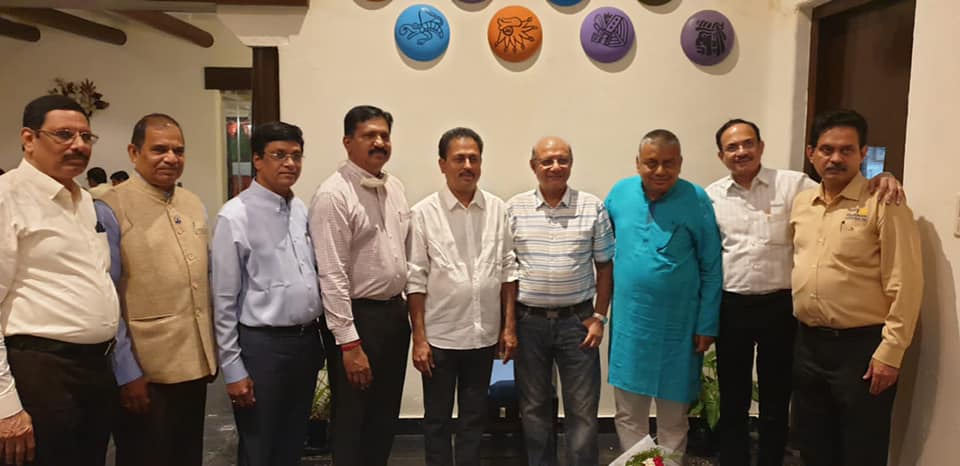
Rotary is emerging as an organisation with Bigger, Better and Bolder projects in partnership with various Government agencies . Rotary inspires trust in many philanthropic people, organisations and government who can collaborate with us for humanitarian service.
ROTARY DIALYSIS CENTER AT BIKANER BY RID 3053
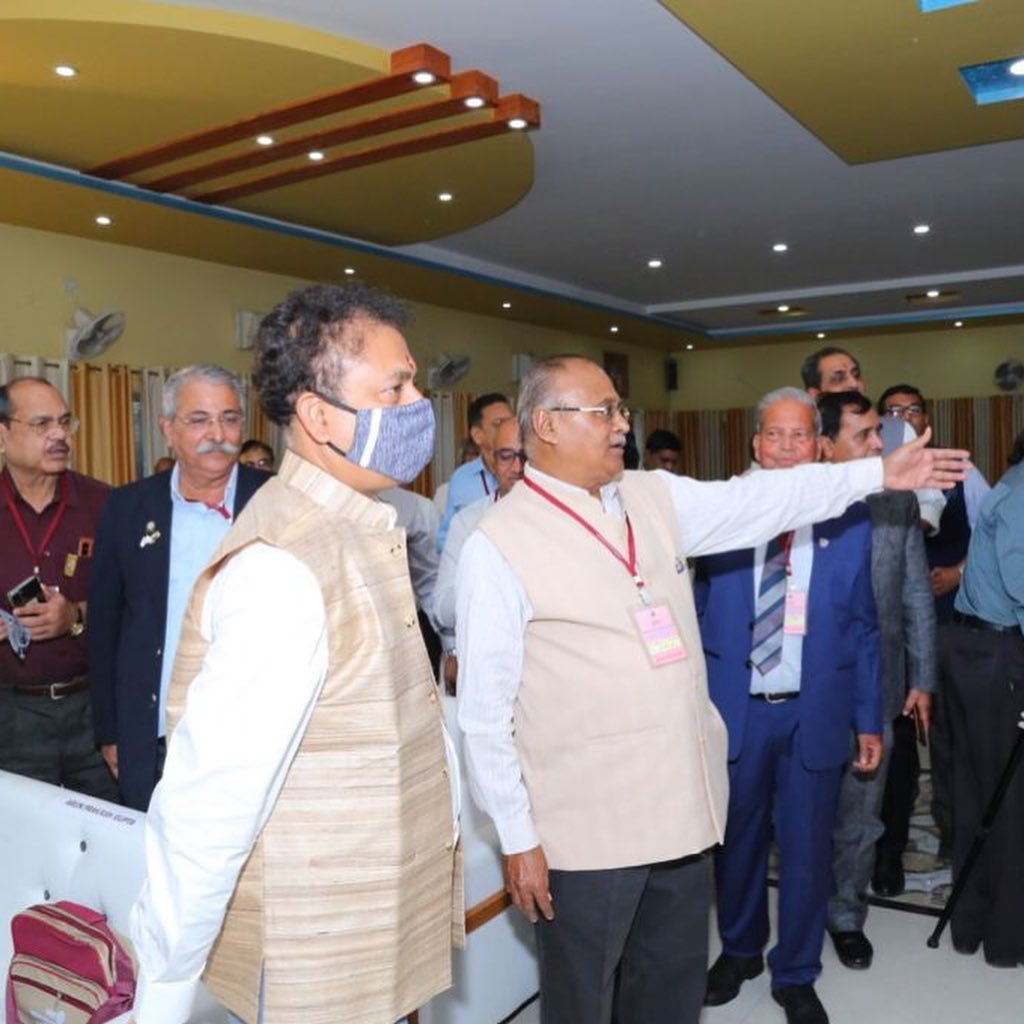 Rotary International has a long history of peace-building initiatives. From a pre-World War I resolution calling for “the maintenance of peace”, establishing peace centers, and now “supporting the environment”, Rotarians are equipped themselves with all the required resources and thought processes to address the conflicts in modern human societies because of violations of basic human rights. Rotary never believes in passive preaching of peace. Instead, we have championed the “peace process” by involving and inspiring the people we serve. Rotary stands for sustainable “Peace for all”.
Rotary International has a long history of peace-building initiatives. From a pre-World War I resolution calling for “the maintenance of peace”, establishing peace centers, and now “supporting the environment”, Rotarians are equipped themselves with all the required resources and thought processes to address the conflicts in modern human societies because of violations of basic human rights. Rotary never believes in passive preaching of peace. Instead, we have championed the “peace process” by involving and inspiring the people we serve. Rotary stands for sustainable “Peace for all”.
However, in today’s world, over 70 million people are affected because of conflict and violence. Neither peace-keeping forces and nor state and international institutions could manage to reduce the widely spread human rights violations. The Afghan crisis is the recent example of our so-called “joint” efforts.
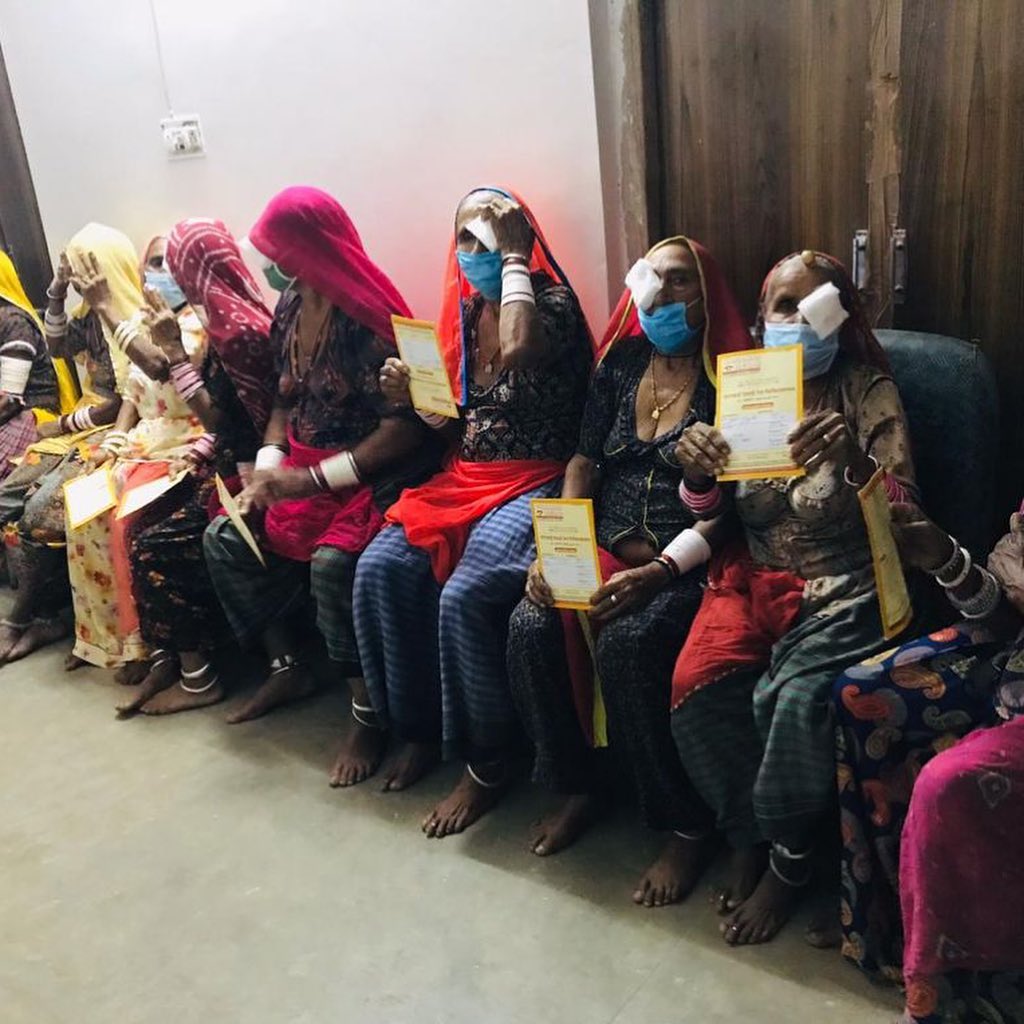
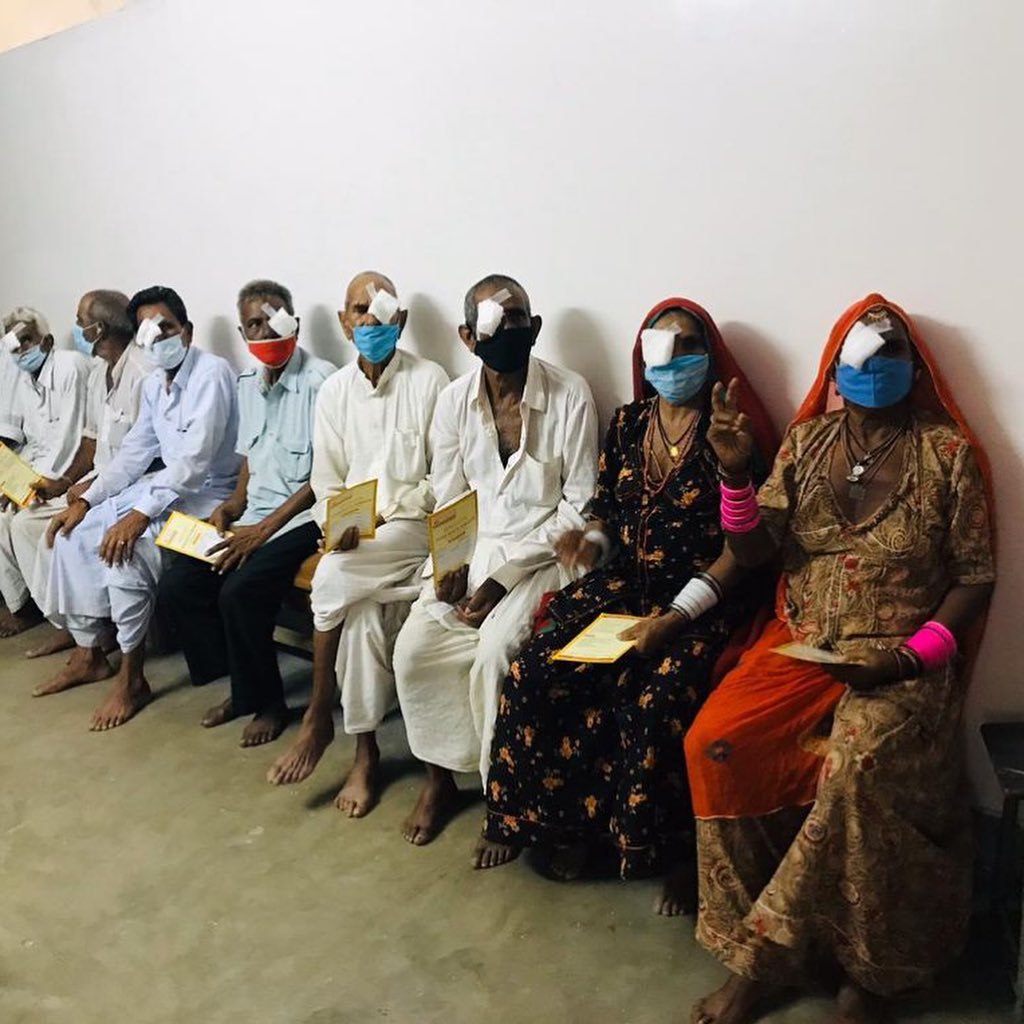
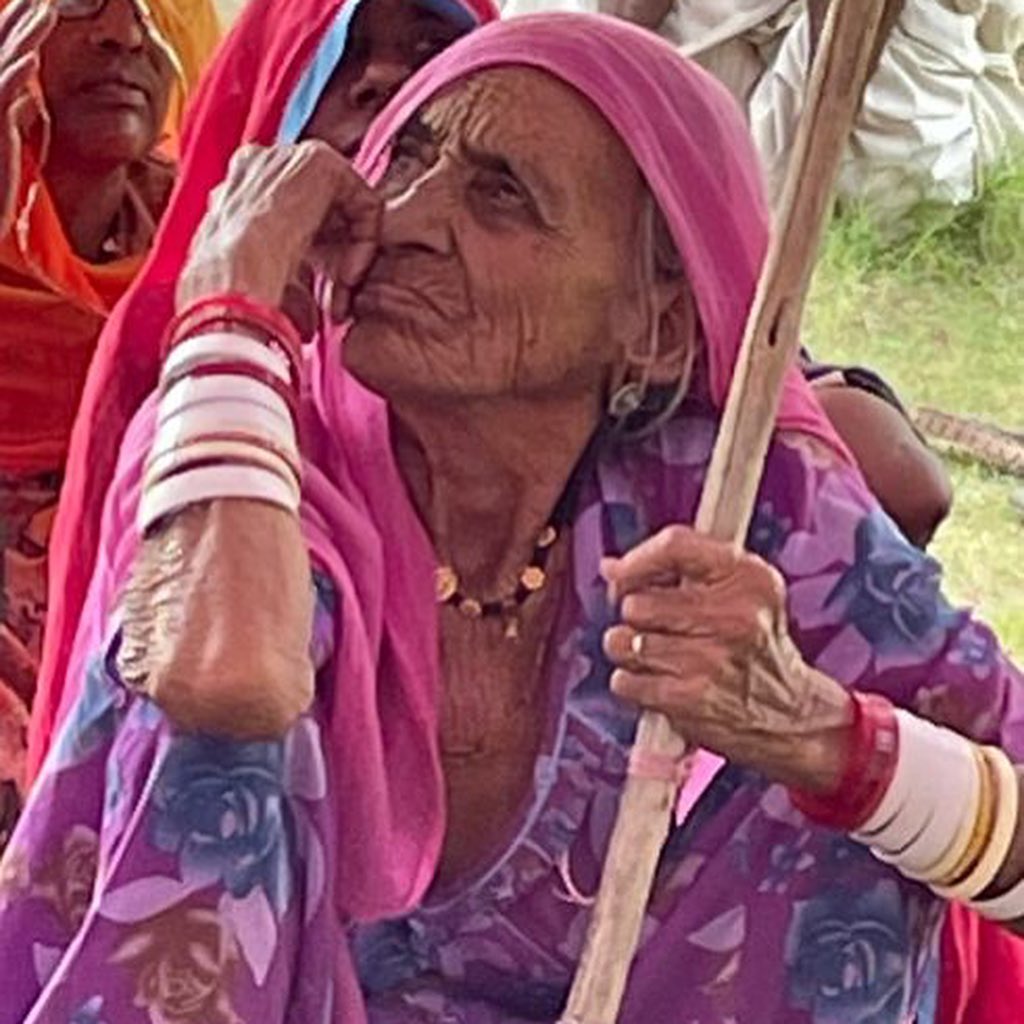
Remember, nearly half of the affected population is made of children. We cannot accept the situation as it is. We have all the tools and resources with us. We have a proven track record of building peace and binding communities through our projects. In the past, Rotary had trained volunteers and imparted skills to people and societies. The time has come to re-empathize “the process of peace” and “invest in peace”.
Children make up one-third of the global population. 1 in 6 children lives in extreme poverty. 6 million children under the age of 5 die each year because of malnutrition and many more are being abused, exploited, and enslaved. This is the state of affairs even after united efforts kind-hearted people and service-minded institutions around the globe.
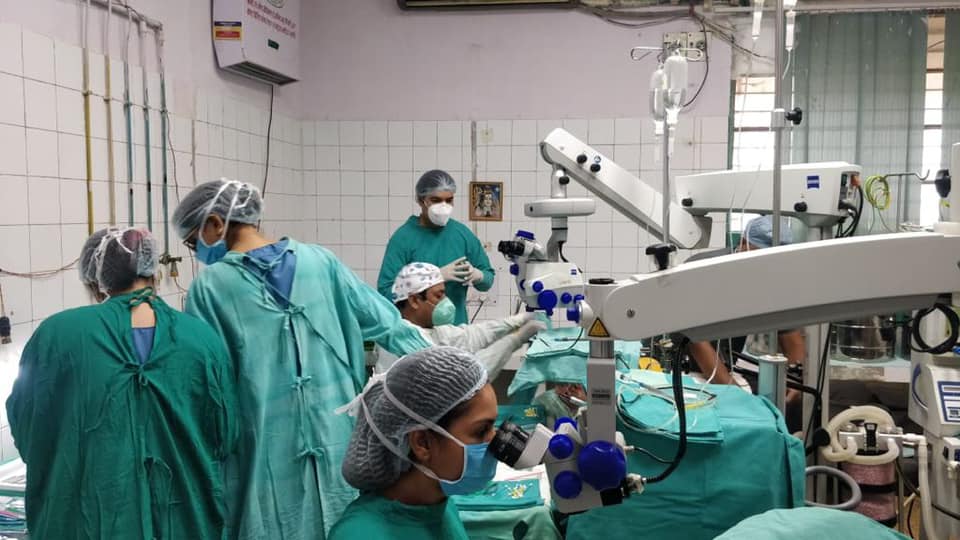
Rotary is nothing but humanity in action. Peace building is an inbuilt ingredient of all our actions and deeds.
Rotary Dialysis center at Bikaner by RID 3053 was such one project created for poor patients. My special thanks to the Champalal Daga family, DG Sanjay Malviya, PDG Arun Gupta, DGE Rajesh Chura, Amit Lalji, and the entire Team for this initiative.
SAPNON KE DHAAGE
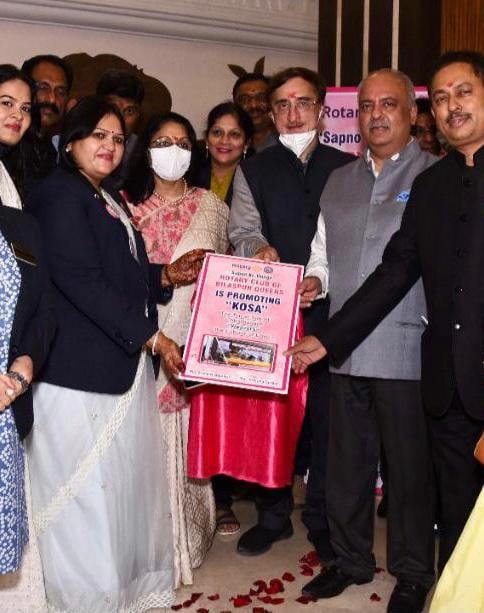 The word ‘handloom’ conjures up many images. On one hand, the rich textures of Kanjeevaram, Banarasi, and Paithani sarees, and on the other hand, the simplicity of ‘khadi.’ The true reality lies in between these extremes.
The word ‘handloom’ conjures up many images. On one hand, the rich textures of Kanjeevaram, Banarasi, and Paithani sarees, and on the other hand, the simplicity of ‘khadi.’ The true reality lies in between these extremes.
Indian weavers remain victims of illiteracy, and exploitation by vested interests, receiving a tiny fraction of the lavish sums charged for their artistry.
The Rotary Club of Bilaspur Queens has taken up the challenge of making a difference in the lives of the Dewangan community of weavers in Bilaspur and adjacent areas in Chhatisgarh. This community depends on ‘Kosa’ silk for their livelihood. The club’s project ‘Sapnon Ke Dhaage’ aims to
- Provide stitching machines to enhance their product line
- Train weavers to use computers and become tech-savvy
- Use e-learning tools to provide basic education to children
- Empower women with the development of other skills.
- Start a bank for financial support.
- Build a virtual platform to enable them to market their exquisite products.
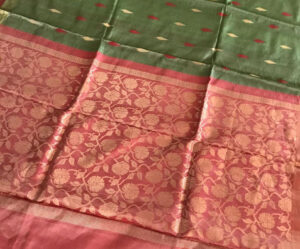
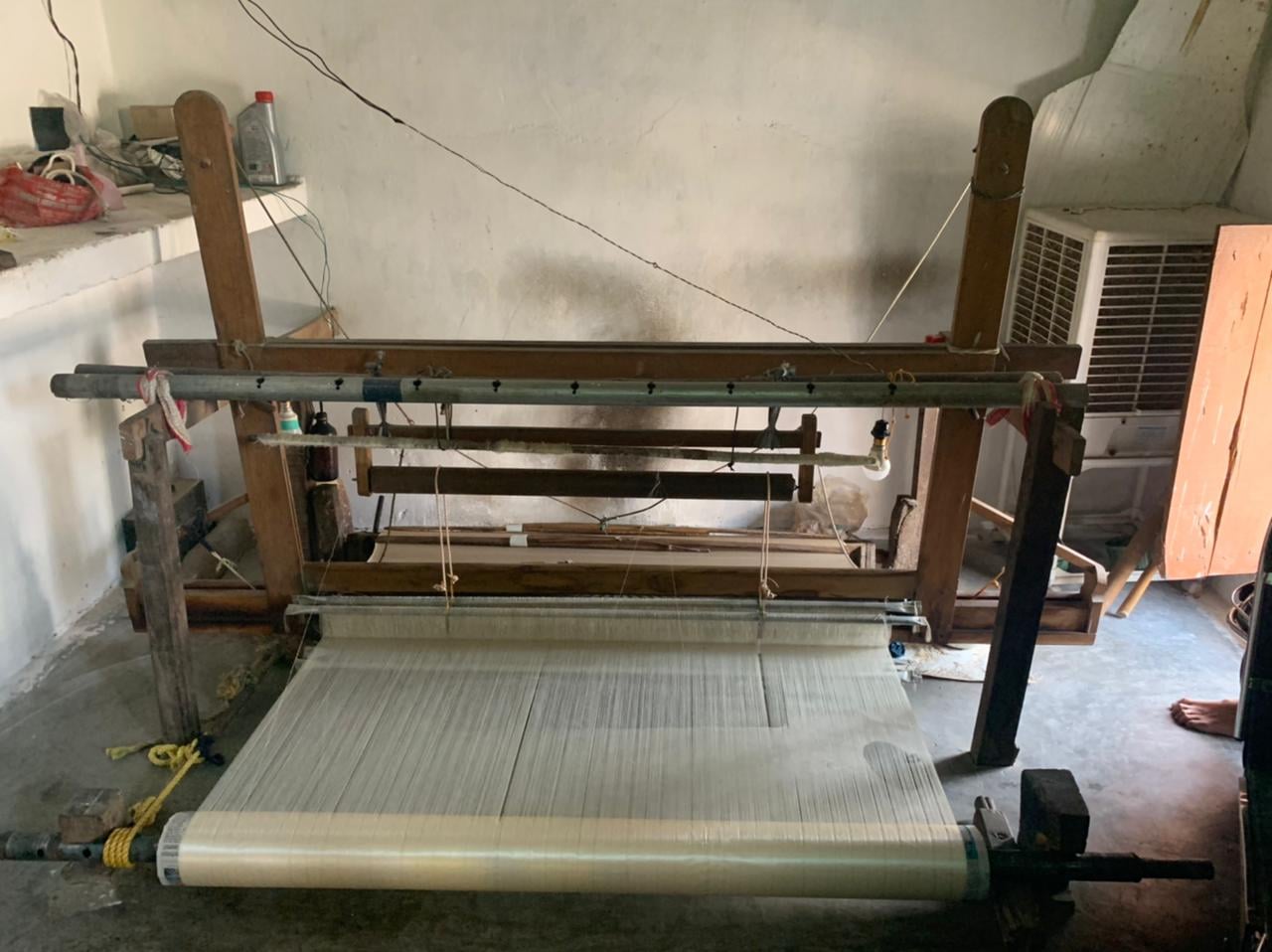
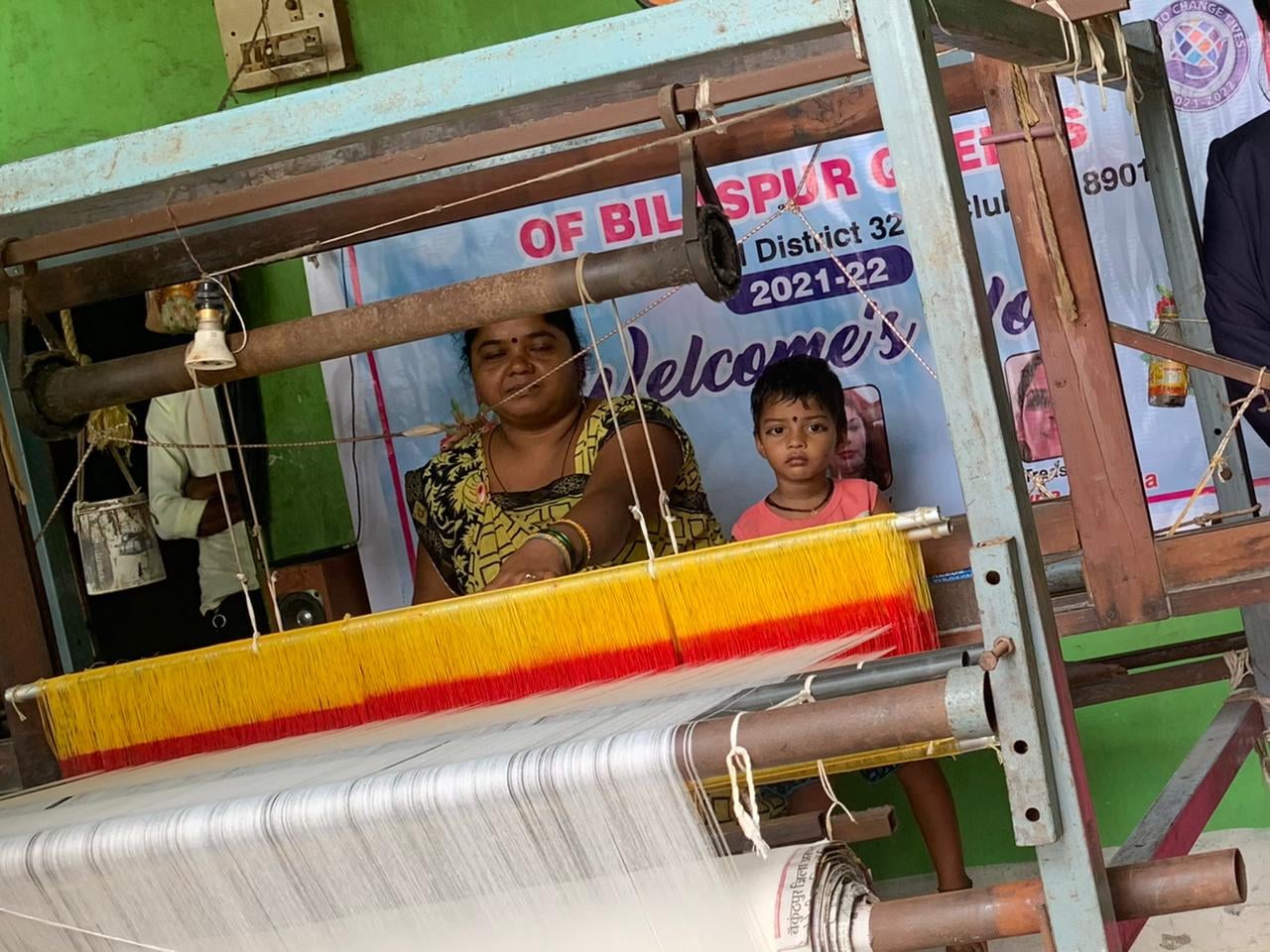
Rotarians across India can take a leaf from their book and try to ensure that handloom weavers of India receive the respect and prosperity that they truly deserve.
